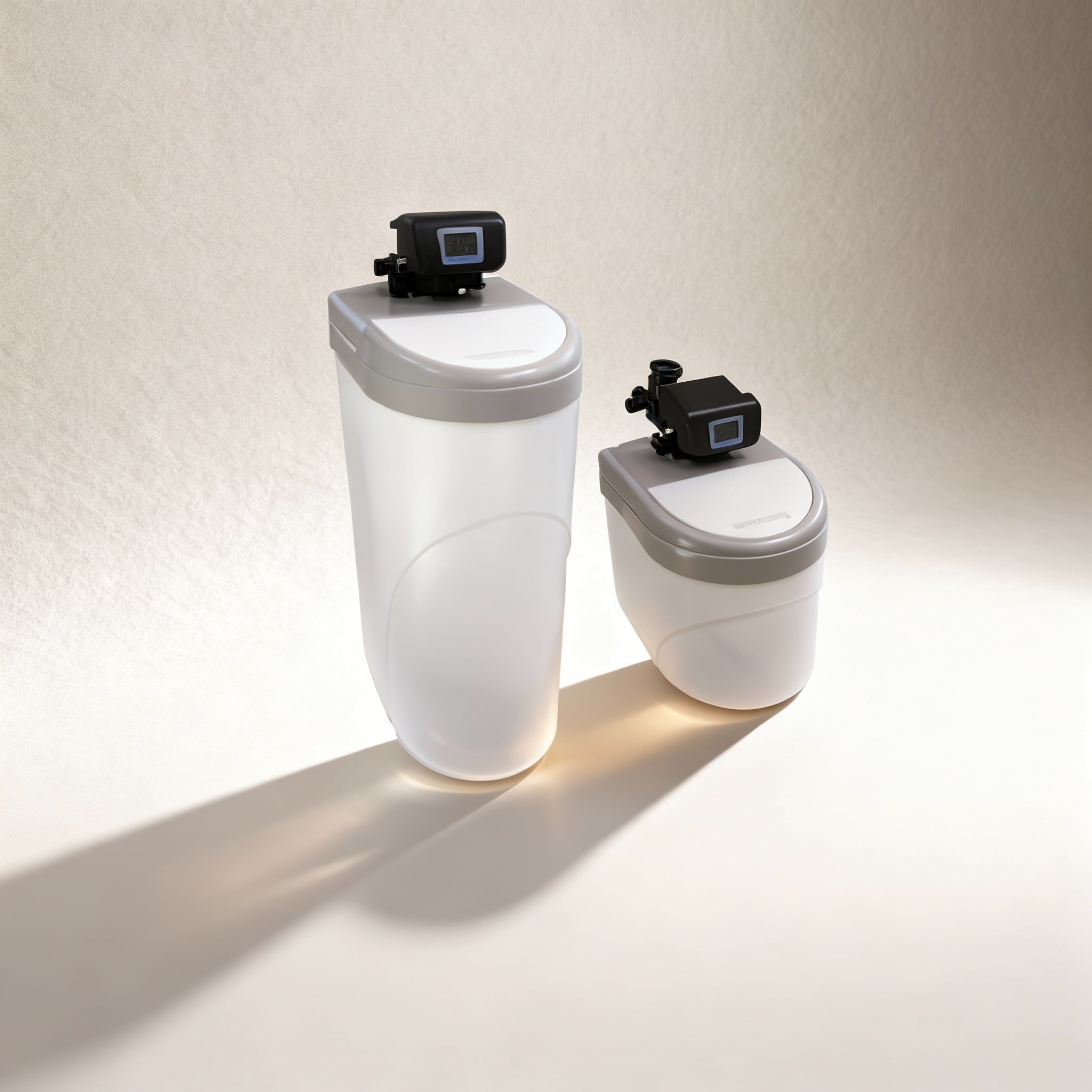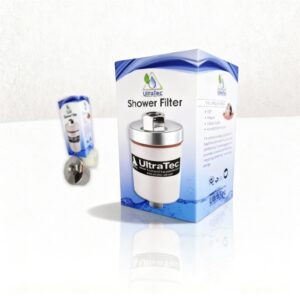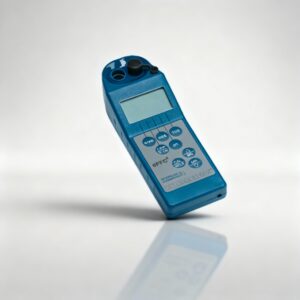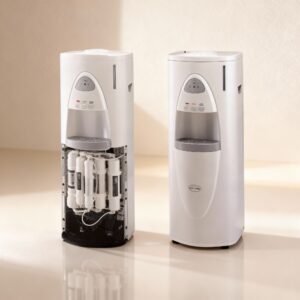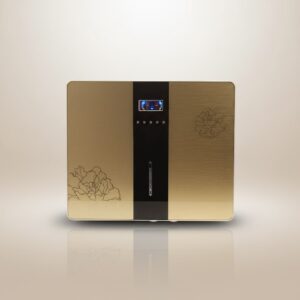Water softener is a water treatment system designed to remove hardness-causing minerals mainly calcium and magnesium from water. Hard water can leave behind stubborn white scale on pipes, appliances, tiles, taps, and heating equipment. This buildup reduces efficiency, increases energy bills, and decreases the lifespan of plumbing fixtures.
A water softener converts hard water into soft, scale-free water, making cleaning easier and protecting your entire household system.
Water softeners are widely used in homes, hospitals, schools, commercial buildings, and industrial facilities. While they vary in size, material, and capacity, a typical residential unit features a tall resin tank and a separate brine tank connected to the main water supply, providing soft water to the entire building.
How Does a Water Softener Work?
A water softener operates through a process called ion exchange. Here’s how it works:
-
Hard water enters through the control valve.
-
It flows into the resin tank, where resin beads attract and capture calcium and magnesium ions.
-
These hardness minerals are replaced with sodium ions, producing soft water.
-
Soft water exits the system and flows throughout your home.
Main Components of a Water Softener System
A standard whole-house water softener typically includes:
-
Control Valve
-
Resin Tank
-
Brine Tank & Brine Tubing
-
Distributor Basket
-
Power Supply
-
Bypass Valve
-
Drain Line Connection
Benefits of Installing a Water Softener
-
Prevents scale formation in pipes and fixtures
-
Extends the life of washing machines, dishwashers, heaters, and plumbing
-
Improves lathering of soap and detergents
-
Reduces cleaning time and prevents white stains
-
Improves water flow and system efficiency
-
Protects expensive appliances from mineral damage
-
Provides softer skin, smoother hair, and better laundry results
1. Correct System Size
Choose the right capacity based on household size:
-
1 cubic foot (1–2 people)
-
2 cubic feet (3–5 people)
Larger households require higher capacity for best performance.
2. Proper Installation Space
Ensure there is enough space for both tanks, located:
-
Close to the main water line
-
Within 6 feet of a 120V power outlet
-
Near a drain line for regeneration discharge
3. Regeneration Flow Rate
Check the softener’s maximum regeneration rate in the manual to ensure compatibility with your home’s plumbing system.
4. Maintenance Requirements
Water softeners are low-maintenance, but you must:
-
Keep the brine tank filled with salt
-
Check salt levels weekly
-
Clean the brine tank once a year
-
Replace resin every 8–10 years
-
Choose systems made with durable fiberglass tanks and metal control valves
5. Certification
Always choose softeners with NSF Certification, ensuring performance, reliability, and verified hardness reduction.
Why Choose WaterTreatmentUAE as Your Trusted Supplier?
WaterTreatmentUAE is one of the UAE’s leading suppliers of advanced whole-house water softeners, delivering top-quality systems designed for long-term performance and maximum hardness removal. Our products feature:
-
High-grade fiberglass resin tanks
-
Durable metal control valve heads
-
Efficient ion-exchange resin built for UAE water conditions
-
Low-maintenance operation with reliable regeneration cycles
-
Certified performance to ensure consistent soft water
WATER SOFTENERS
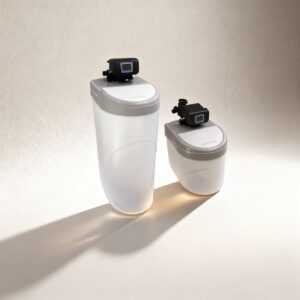
A water softeners are whole-house filtration system that removes hardness-causing calcium and magnesium minerals from your water through an ion exchange process.
Product Brand: Ultratec
Product Currency: aed
Price Valid Until: 2030
Product In-Stock: InStock
5

